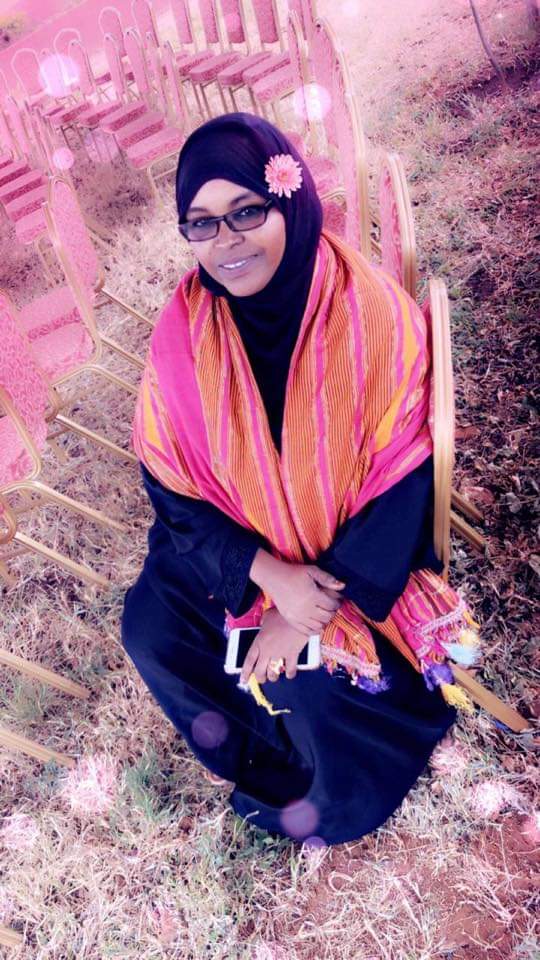
I was cut when I was six using the worst form of Female Genital Mutilation [1].
(If you want to know about the types of FGM, click on the link given below. You will get to know the different types of genital mutilation that happens).
As a Somali girl, I grew up knowing every Muslim girl was cut and that my community did ‘a bad type’ because of our culture.
When I joined University in the 1990s I met other Muslim girls in campus. One day the topic of FGM came up (we referred to it us female circumcision).
My friend, an Indian girl was shocked that I was cut because according to her it was a ‘savage’ practice undertaken by people who did not believe in God. It was my turn to be shocked- that this friend of mine, clad in her Burka was not cut. I thought her prayers would not be accepted if she was not cut. That was the script I had been taught. But she was praying and fasting and dressed in hijab just like I was.
Who was right here?
This question stayed with me for a long time. When in 1995 the Beijing conference happened I came across a document that said ‘many Muslims practice FGM thinking it is religious when it is only sunnah’.
What? You mean the painful thing I went through was only SUNNAH which meant optional?
I wondered why I was forced through something that was not a must in Islam. I recounted the number of optional religious acts that nobody forced me to do. Like fasting on Mondays and Thursdays.
After battling anger and lots of questions, I decided it was time to talk about FGM openly. In my own small way, armed with the narrative that it was only an optional practice, I engaged family members and tried saving my nieces. Too bad, I couldn’t. Only I didn’t know I was even sinking the case further. By affirming that it was an optional Islamic act, we were legitimizing it. FGM was one thing that always stopped me on my tracks whenever it came to mind; and I would immediately begin conversation with Allah to show me what to do.
When in 2006 I got the opportunity to work with Population Council, I knew I had to address FGM from religious perspective. I wanted an interrogation of the support for the so-called ‘sunnah’ because linking such a painful thing to my religion of mercy and prosperity was unsettling (we are not allowed to mutilate even animals; and imagine what happens to human beings through FGM). We crafted an approach that was oriented to religion together with renowned Muslim scholars in Kenya who were consultants in the project. These scholars were non-Somalis, decisively chosen to lead the dialogue because of the fact that they would not be blinded by the cultural ‘baggage’ like other Somali scholars who were brought up thinking FGM to be the norm. This was before social norm change theories on FGM had been thought of. We were the pioneer thinkers!
I did FGM abandonment programming- community dialogues, engaging religious scholars, research, documentation, working on policy and legal frameworks etc. I was part of the team that oversaw the drafting of the Prohibition of FGM Bill which is an Act now. This Bill was being presented to Parliament after FGM was removed from the Sexual Offenses Bill 2006; saying they could not legislate on people’s culture. We embarked on sensitising Parliamentarians on what the practice entailed first before tabling the Bill. As a result, the Bill passed in record time in its first reading.
Today, I can proudly say that I know FGM has no link to Islam. I can also say that there are a number of Somali scholars who delink FGM from Islam now, thanks to the work we did. It is slow but there has been progress. We can easily discuss FGM on TV, radio, in community gatherings etc.
For the Somali community, and any others that link FGM to religion, delink FGM from Islam and use the same Islam to change the scripts and narratives holding it in place. I am now doing lots of advocacy on social media and am part of the End FGM Canada Network.
[1] https://www.who.int/sexual-and-reproductive-health/types-of-female-genital-mutilation

Leave a comment